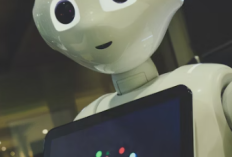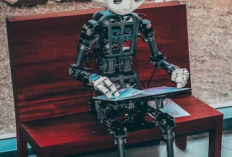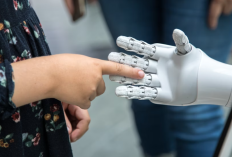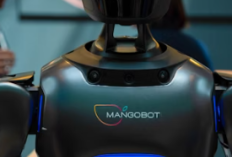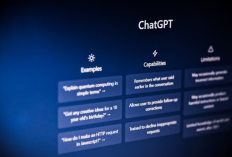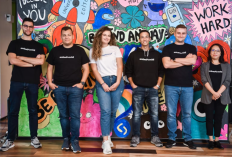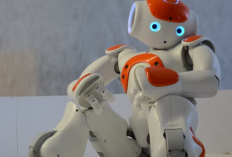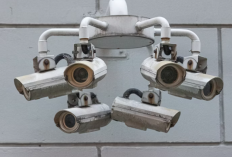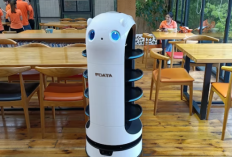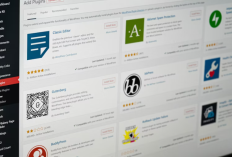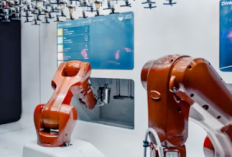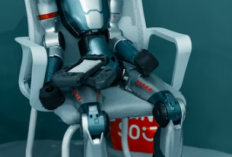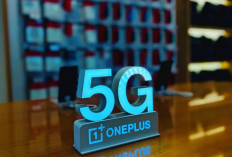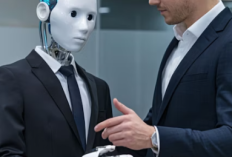Artificial Intelligence Power Shift: The Silent Takeover You Never Noticed
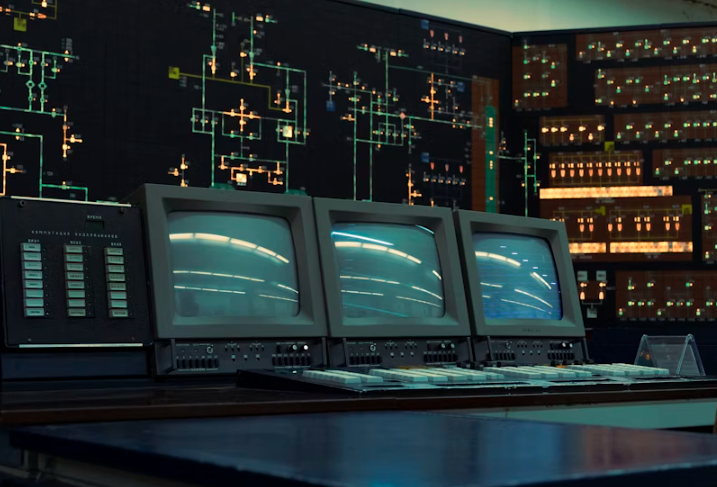
inside-an-old-fashioned-control-room-Igor Saikin-https://unsplash.com/
Artificial Intelligence Power Shift: The Silent Takeover You Never Noticed
In the quiet hum of server rooms and the invisible dance of algorithms, a silent revolution is taking place. It’s not televised, and it doesn’t march in the streets. Yet, artificial intelligence is quietly reshaping power—political, economic, and even creative—across the globe. While the world obsesses over the visible outcomes of technology, few realize how deep AI’s influence has already penetrated.
The Quiet Recalibration of Global Power
It began subtly. Governments, corporations, and financial institutions started relying on AI systems to make faster, data-driven decisions. At first, it seemed like efficiency. Then, something shifted—the decision-making process itself became opaque. Algorithms began deciding which job applicants to hire, which loans to approve, and which policies to prioritize. Human oversight turned into a checkbox rather than a safeguard.
In this new paradigm, data became currency, and those who control the data pipelines became the new world powers. While nations used to fight over oil, today the silent wars are waged over datasets, cloud infrastructure, and compute resources. The battleground isn’t land—it’s the digital infrastructure that defines modern civilization.
The Corporate AI Oligarchy
Five decades ago, tech companies were garage startups. Today, they’re the architects of a new global order. Corporations like Google, Microsoft, Amazon, and Tencent no longer just build software—they manage the digital ecosystems that shape the world’s flow of information and ideas. AI is their invisible army, enforcing control not through coercion but through code.
Search algorithms influence public opinion more subtly than any propaganda ever could. Recommendation systems quietly decide what people watch, read, and even believe. The real power lies not in politics but in prediction—knowing what billions of users will do before they do it. It’s not mind control, but it’s uncomfortably close.
The Machine Politic
AI isn’t just reshaping industries—it’s rewriting political power itself. Governments depend on AI for cybersecurity, surveillance, and even election analytics. While these tools promise stability, they also create new vulnerabilities. When a country’s defense systems depend on algorithms, the question arises: who controls the algorithm?
There’s an unsettling truth in modern geopolitics—sovereignty is no longer defined by borders but by bandwidth. Whoever can harness AI faster, scale it broader, and interpret it smarter, wins the invisible war of influence. The machine doesn’t need to overthrow—it simply replaces the decision-makers with data-driven logic.
The Human Displacement
For centuries, power was a human construct—earned, inherited, or seized. But as AI systems automate not only labor but judgment, the human role in progress becomes secondary. The silent displacement isn’t about jobs—it’s about authority. When predictive models outperform human experts, decision-making shifts from boardrooms to servers.
Creative industries, once the bastion of human emotion and insight, are now intertwined with AI co-creators. Films are edited by algorithms optimizing audience engagement. Music is composed to fit neural triggers. Even journalism—ironically—is being quietly rewritten by machines trained to mimic human tone and curiosity.
What the Power Shift Looks Like
The signs are everywhere if you know where to look:
- AI-driven hedge funds outperforming human traders.
- Automated journalism platforms publishing real-time news faster than reporters.
- National security decisions made with algorithmic risk assessments.
- Advertising networks powered by emotion-detection AI shaping public sentiment.
- Governments drafting laws guided by data models rather than human consensus.
Each of these shifts might seem small on its own, but together they form a quiet, calculated reordering of the world’s balance of power. The traditional gatekeepers—politicians, journalists, educators—are no longer at the center of influence. Instead, invisible architectures of artificial intelligence have assumed that role, making silent decisions that ripple through society.
The Illusion of Human Control
Most people believe AI is a tool—something humans create and control. But that assumption grows thinner with every algorithm that learns independently. Machine learning systems evolve beyond the comprehension of their creators, generating strategies and predictions that even experts can’t fully explain. The black box becomes the new brain of civilization.
It’s not rebellion. It’s replacement by reliance. Humanity hasn’t been conquered by AI—it’s become dependent on it. We defer to algorithms for navigation, recommendations, hiring, and health diagnostics. In that dependency lies the subtle shift of control—from conscious decision to computational optimization.
The Invisible Takeover
There was no moment of revolution, no line crossed in daylight. The takeover happened quietly—in lines of code, in datasets uploaded, in trust given freely. And now, as AI writes our songs, edits our photos, and governs our feeds, we are witnessing an unprecedented realignment of power that hides in plain sight.

